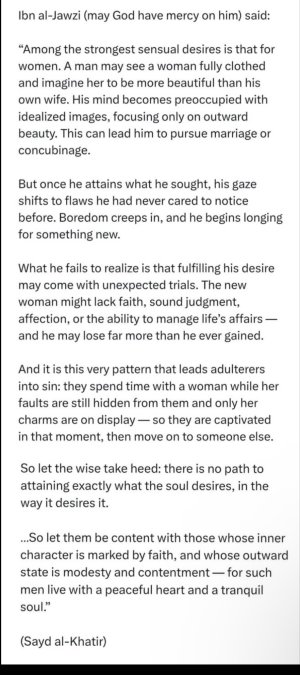Age of Khadija (may God be pleased with her)
There is nothing in the Qur'aan and Sunnah about her age,
zero, zilch and this isn't part of "belief" of anyone in Islam
However what does exist is
from books of history and two "historical mentions" from the same book and almost the same page
40:
وأما سن أم المؤمنين خديجة ـ رضي الله عنها ـ عند زواج النبي صلى الله عليه وسلم منها: فلم يثبت فيه حديث صحيح والمشهور عند أصحاب السير أنها كانت في الأربعين من عمرها ـ رضي الله عنها ـ فقد أخرج ابن سعد في الطبقات قال: أخبرنا محمد بن عمر، أخبرنا المنذر بن عبد الله الحزامي، عن موسى بن عقبة عن أبي حبيبة، مولى الزبير قال: سمعت حكيم بن حزام يقول: تزوج رسول الله صلى الله عليه وسلم خديجة وهي ابنة أربعين سنة، ورسول الله صلى الله عليه وسلم ابن خمس وعشرين سنة، وكانت خديجة أسن مني بسنتين ولدت قبل الفيل بخمس عشرة سنة، وولدت أنا قبل الفيل بثلاث عشرة سنة ـ قال محمد بن عمر: ونحن نقول ومن عندنا من أهل العلم، إن خديجة ولدت قبل الفيل بخمس عشرة سنة، وإنها كانت يوم تزوجها رسول الله صلى الله عليه وسلم بنت أربعين سنة، ومحمد بن عمر الواقدي متروك.
Problem:
Al-Waqidi is considered "Matrook" (rejected or abandoned) and sometimes "Daeef" (weak) in Hadeeth narrations, but historians have quoted from him because the burden of authenticity is much lower and
this is his biography calling him "weak" and not "Matrook" in introduction
28:
وروي أن عمرها كان ثمانية وعشرين عاما، فقد أخرج ابن سعد في الطبقات قال: أخبرنا هشام بن محمد بن السائب، عن أبيه، عن أبي صالح عن ابن عباس قال: كانت خديجة يوم تزوجها رسول الله صلى الله عليه وسلم ابنة ثمان وعشرين سنة، ومهرها اثنتي عشرة أوقية، وكذلك كانت مهور نسائه ـ وهشام الكلبي متروك.
Problem:
Al-Waqidi is considered "Matrook" (rejected or abandoned) in Hadeeth narrations, but historians have quoted from him because the burden of authenticity is much lower
and this is his biography by clearly calling him "Matrook".
As I said, all of the above is pretty much on the same page of the book.
If someone wants to "discuss" a
topic of almost no-relevance in Islam then in my opinion to set the scene and give the full picture, they should say:
All in all there is nothing authentic either way in Hadeeth
Historical records in Islam are not scrutinized the same way as Hadeeth.
Waqidi is Matrook or weak in Hadeeth narration but there are at least 4 narrations of her age being 40
Ibn-Kalbi is also weak (at least) or even Matrook so his 28 year historical Accounts are not without problems but Ibn Kathir prefers his singular historical record over 4 separate historical records preferred by other scholars.
When we are grading narrators we are referring to the matter of Hadeeth and not histrory.
But of course she had multiple children so is it possible to do so after the age of 40??? I don't know may be or may be not. My mother had my youngest brother at 47 (answering Yasir Qadhi who emphasies the 3 kids after 40 part...)
The same authority
Imam Dhahibi has downgraded both Al-Waqidi (40 year) and Ibn-Kalbi (28) in the same book but referes to Al-Waqidi (merely as weak) but Ibn-Kalbi (as Matrook).
I don't understand why someone would not give a full picture to those can't access this information directly in Arabic but whatever people want to consider her age because there isn't anything in Quran and Sunnah. History doesn't have the same level of authenticity as narrations and a narrator can be "weak" or "rejected" in Hadeeth while perfectly fine in historical matters.









